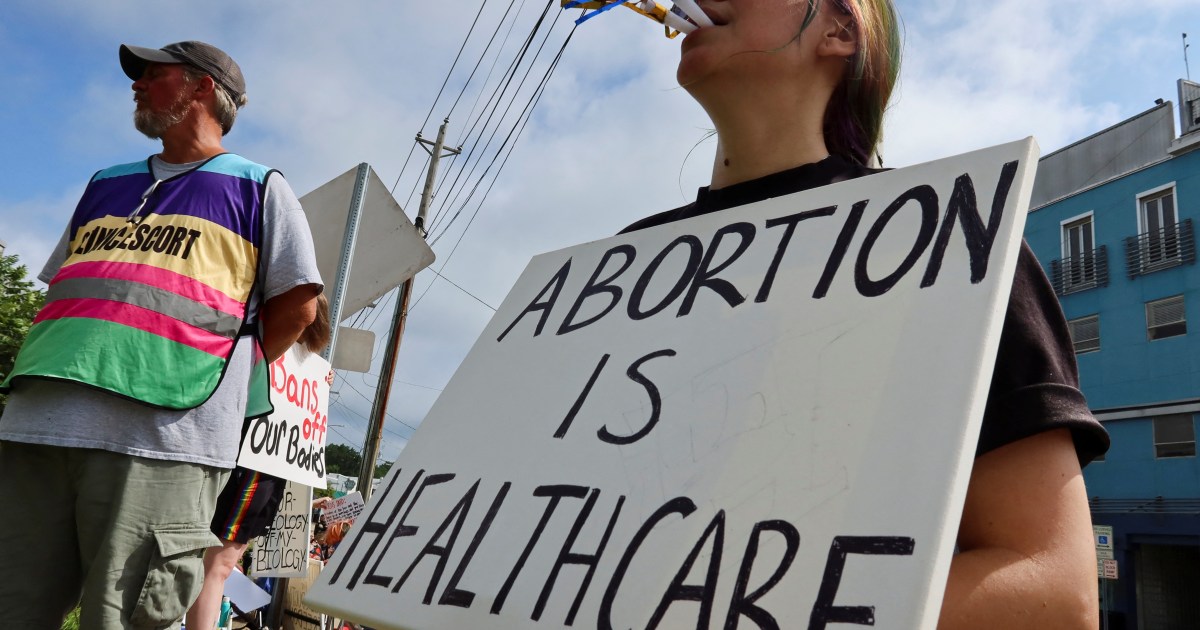Photos: High risk of famine amid Israel’s war on Gaza and aid restrictions
The Gaza Strip remains at high risk of famine as Israel’s war on the enclave persists and access to aid is restricted, although the delivery of limited supplies has slowed the projected spread of extreme hunger in the north, a global monitor has said.
More than 495,000 people across the besieged Palestinian territory are facing “catastrophic food insecurity,” according to the United Nation’s hunger monitoring system, the Integrated Food Security Phase Classification (IPC).
That is down from a forecast of 1.1 million in the previous update three months ago, but is still more than one-fifth of Gaza’s population, the IPC said on Tuesday.
Households suffer an extreme lack of food, leading to acute malnutrition in young children, an imminent risk of starvation, and deaths, it reported.
More than 20 percent of people reported going entire days and nights without eating. Overall, about 96 percent of the population will continue to face high levels of acute food insecurity until September.
The IPC assessment said that to buy food, more than half of Palestinian households surveyed had to sell clothes and one-third gathered and sold rubbish.
Deliveries of food and nutrition services in March and April seemed to have reduced the severity of hunger in northern Gaza, where the IPC had previously forecast a likelihood of famine.
However, Israel’s offensive around the southern city of Rafah from early May and other hostilities and displacement have led to a renewed deterioration in recent weeks, it added.
“The humanitarian space in the Gaza Strip continues to shrink and the ability to safely deliver assistance to populations is dwindling. The recent trajectory is negative and highly unstable,” the update said.
The Famine Review Committee, a group of experts which reviews IPC findings, said in a report also released on Tuesday that there was “extreme human suffering” in Gaza and the risk of famine had not diminished.
“Eight months of extreme pressure on the lives of the population make them much more vulnerable to collapse into famine,” it said.




